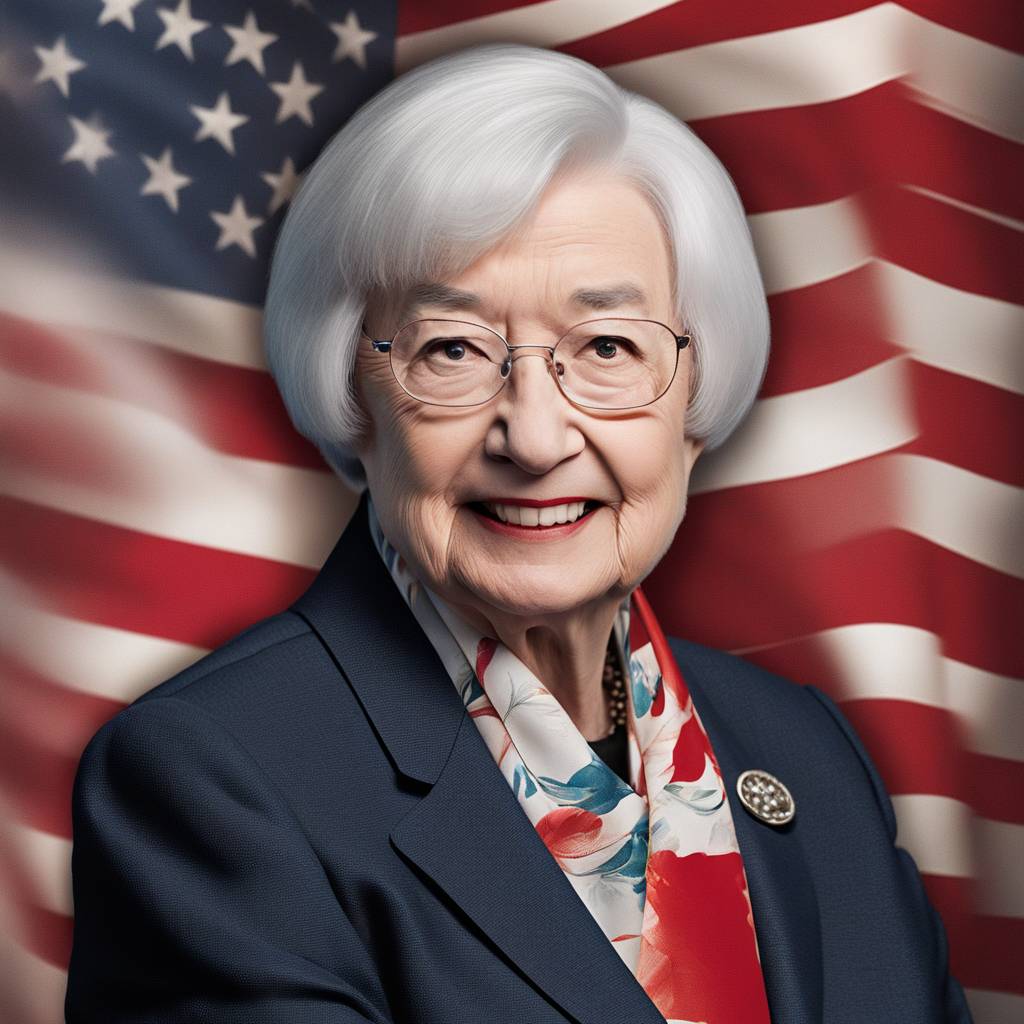U.S. Treasury Secretary Janet Yellen met with Chinese Premier Li Qiang in Beijing and emphasized the importance of having difficult conversations to maintain a stable relationship between the two economic superpowers. Li echoed the sentiment by highlighting the need for mutual respect and partnership rather than adversarial behavior. Yellen stressed the responsibility both countries have to manage their complex relationship while addressing differences openly and directly. The goal is to make progress by fostering constructive dialogue.
Yellen’s focus during her visit to China has been on addressing the issue of China’s excess production of electric vehicles (EVs), solar panels, and other clean energy products that have impacted producers in the U.S. and other countries. This has been a recurring concern, with efforts made to normalize economic relations after a period of heightened tension over various issues. The recent bilateral talks between U.S. President Joe Biden and Chinese President Xi Jinping aimed to manage tensions, particularly regarding the South China Sea. Additionally, U.S. and Chinese military officials met to discuss operational safety and professionalism, signaling improved ties.
In Guangzhou, Yellen and Vice Premier He Lifeng agreed to launch a dialogue focused on achieving balanced growth between the two economies. Yellen emphasized the need for a level playing field with China to protect American workers and businesses. However, China’s battery manufacturing capacity is forecasted to outpace demand significantly in the coming years due to the growth of the EV industry. While Beijing’s support for electric vehicles has led to significant market share gains and made China the world’s largest auto exporter, it has also resulted in excess manufacturing capacity.
Despite concerns about overcapacity, China has doubled down on investments in cutting-edge technologies such as EVs, commercial spaceflight, and life sciences. This has raised questions about the impact on U.S. firms that hold advantages in these areas. Chinese state media have pushed back against Yellen’s message on excess capacity, suggesting that it creates a pretext for protectionist policies. They argue that suppressing China’s EV-related industries will not benefit the U.S. and express hope for progress during Yellen’s visit to facilitate mutually beneficial cooperation between the two countries.
Overall, the discussions between Yellen and Chinese officials underscore the importance of managing the complex relationship between the U.S. and China responsibly. Both countries have a duty to address differences openly and constructively while seeking to foster mutually beneficial cooperation. Despite challenges related to excess manufacturing capacity in certain sectors, there is a shared recognition of the need to work towards balanced growth and create a level playing field for businesses in both countries. Efforts to address these issues through dialogue and collaboration will be crucial in ensuring a stable and productive economic relationship between the two superpowers.













